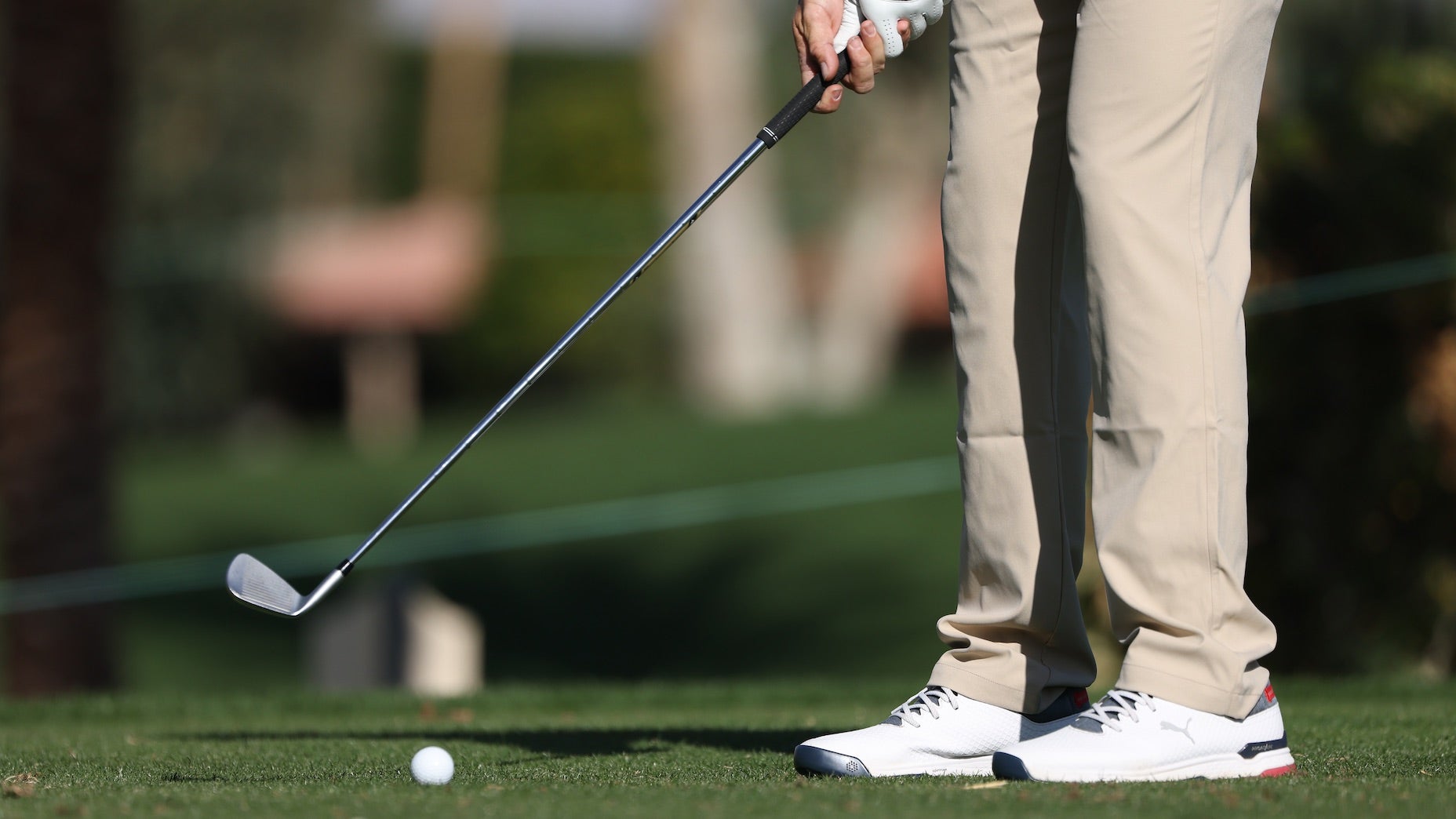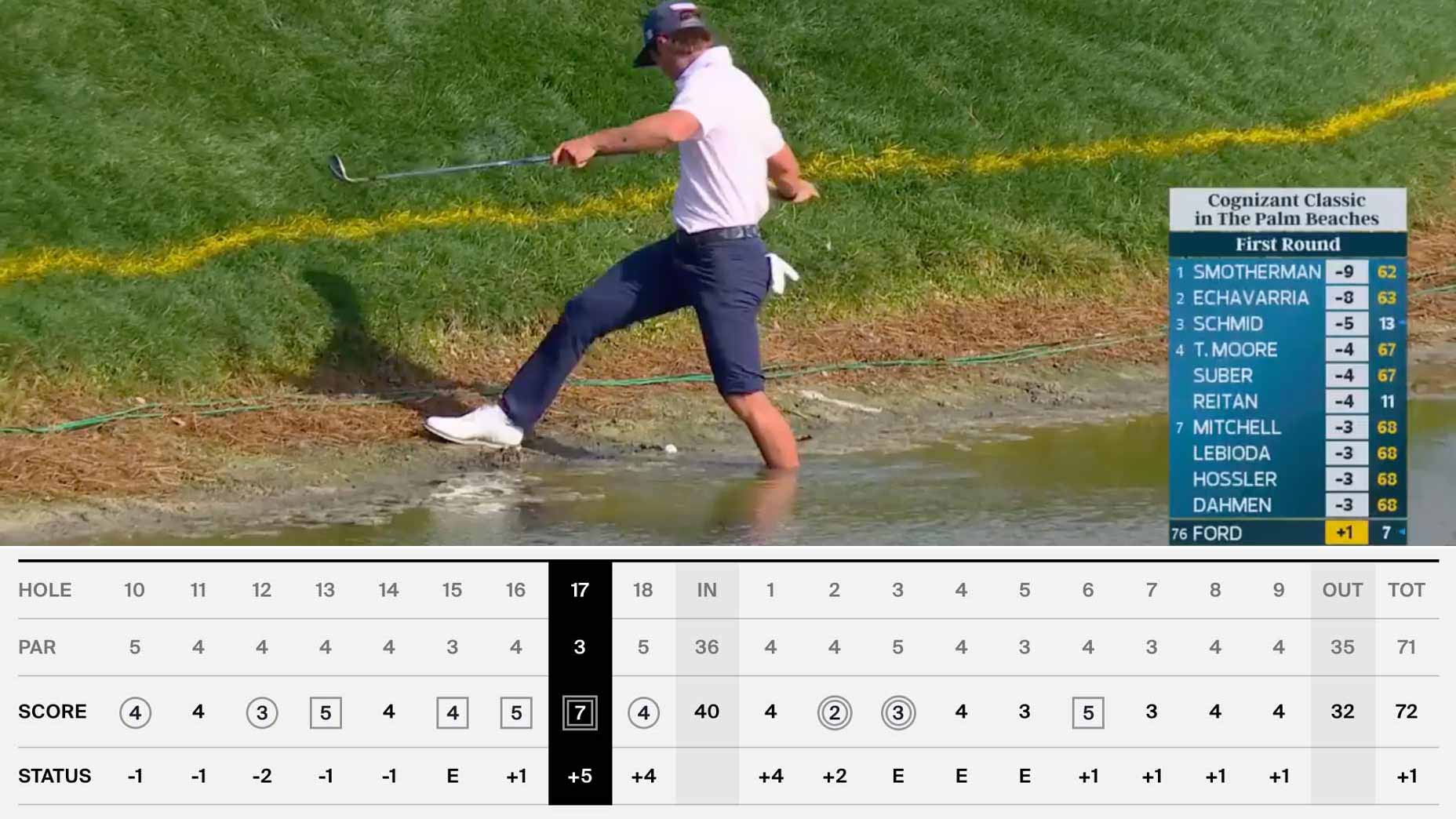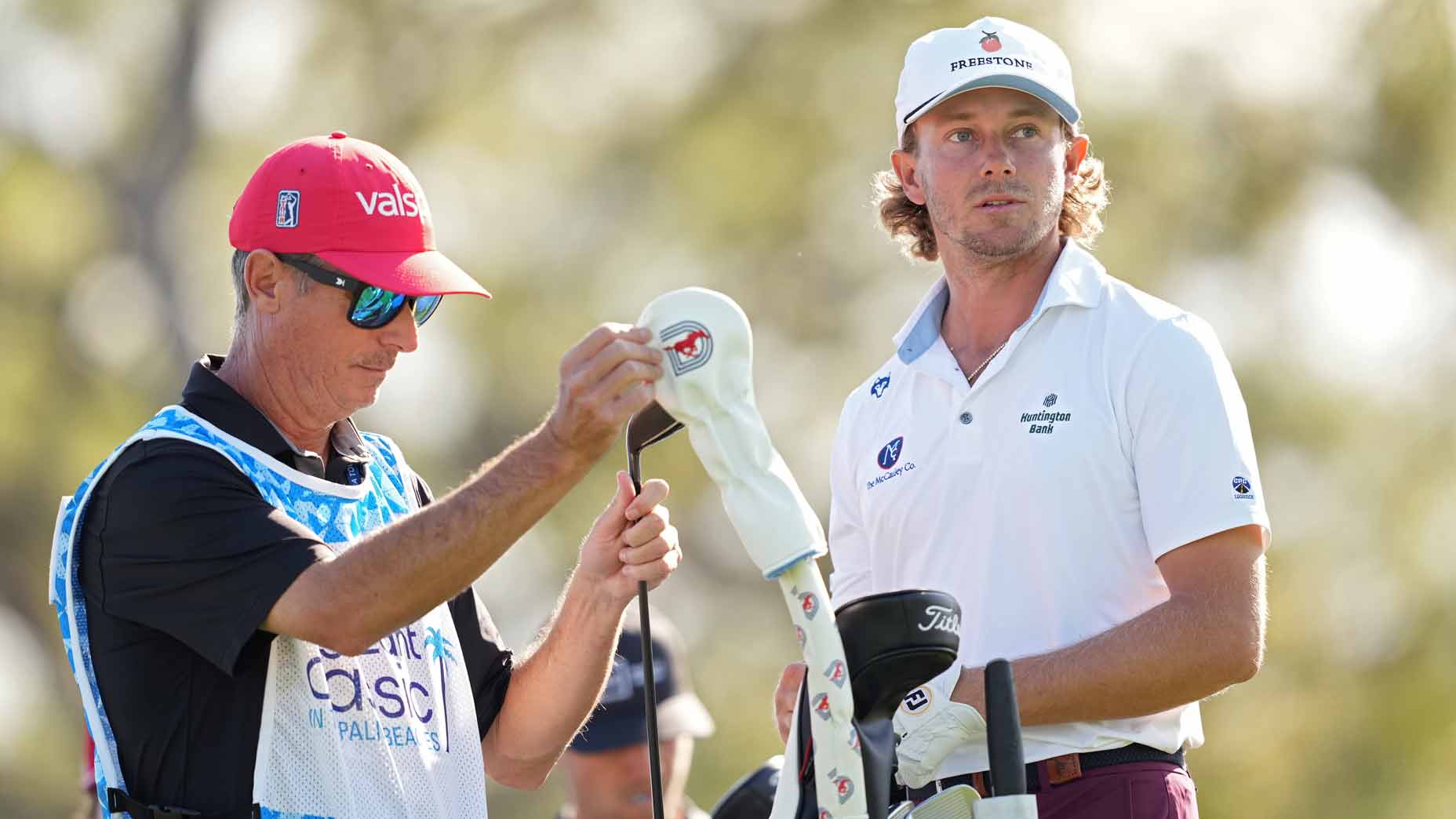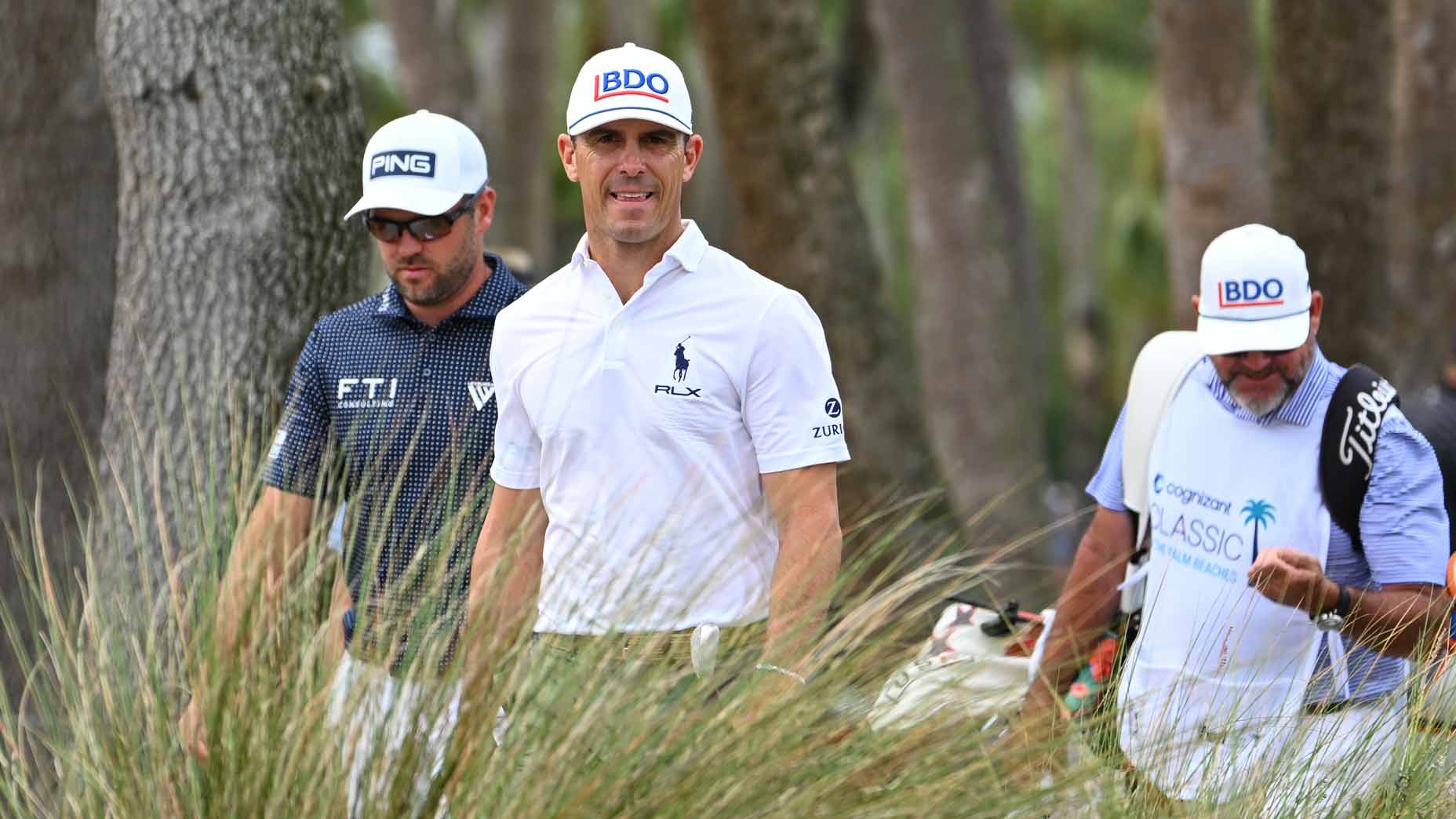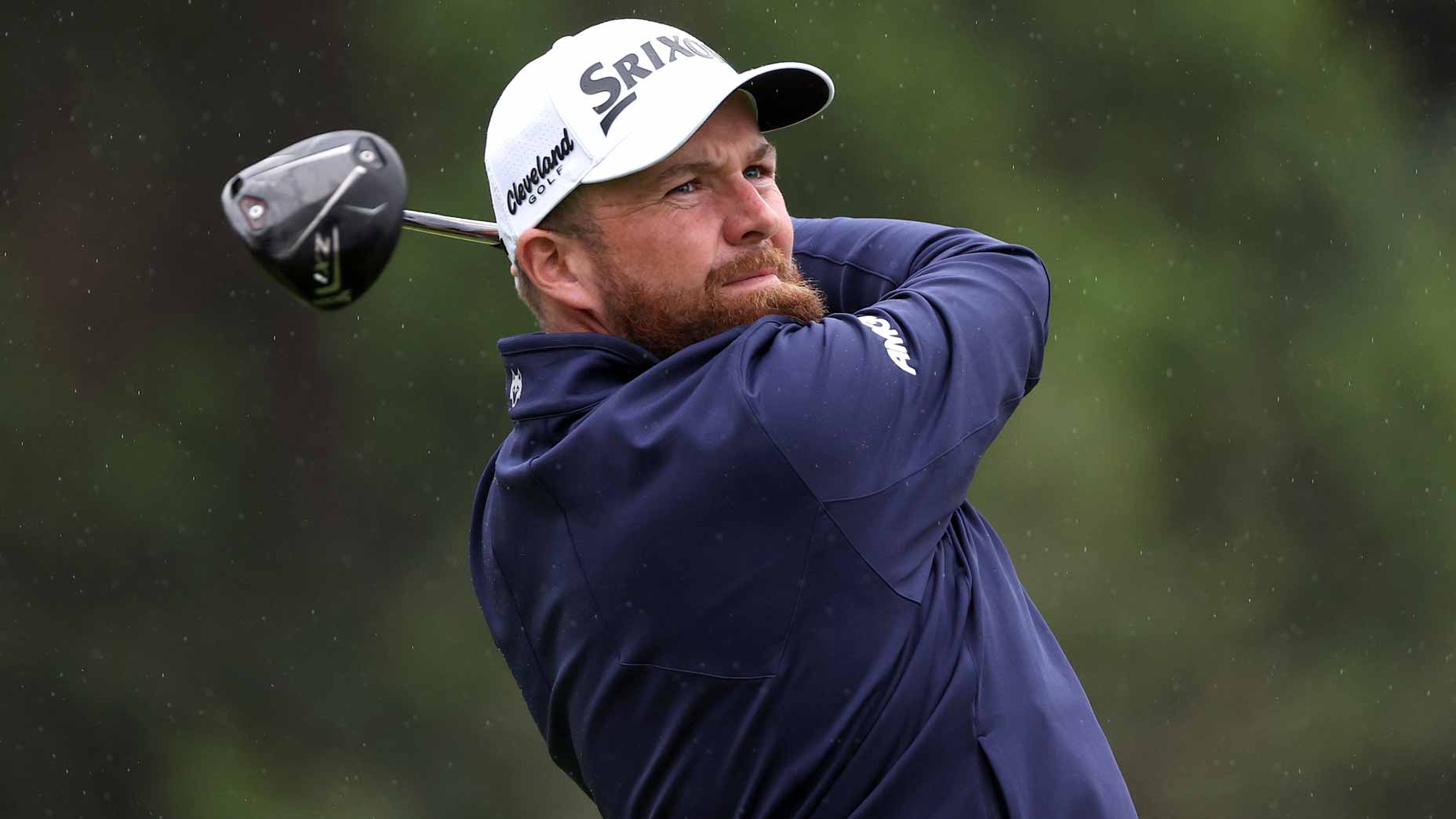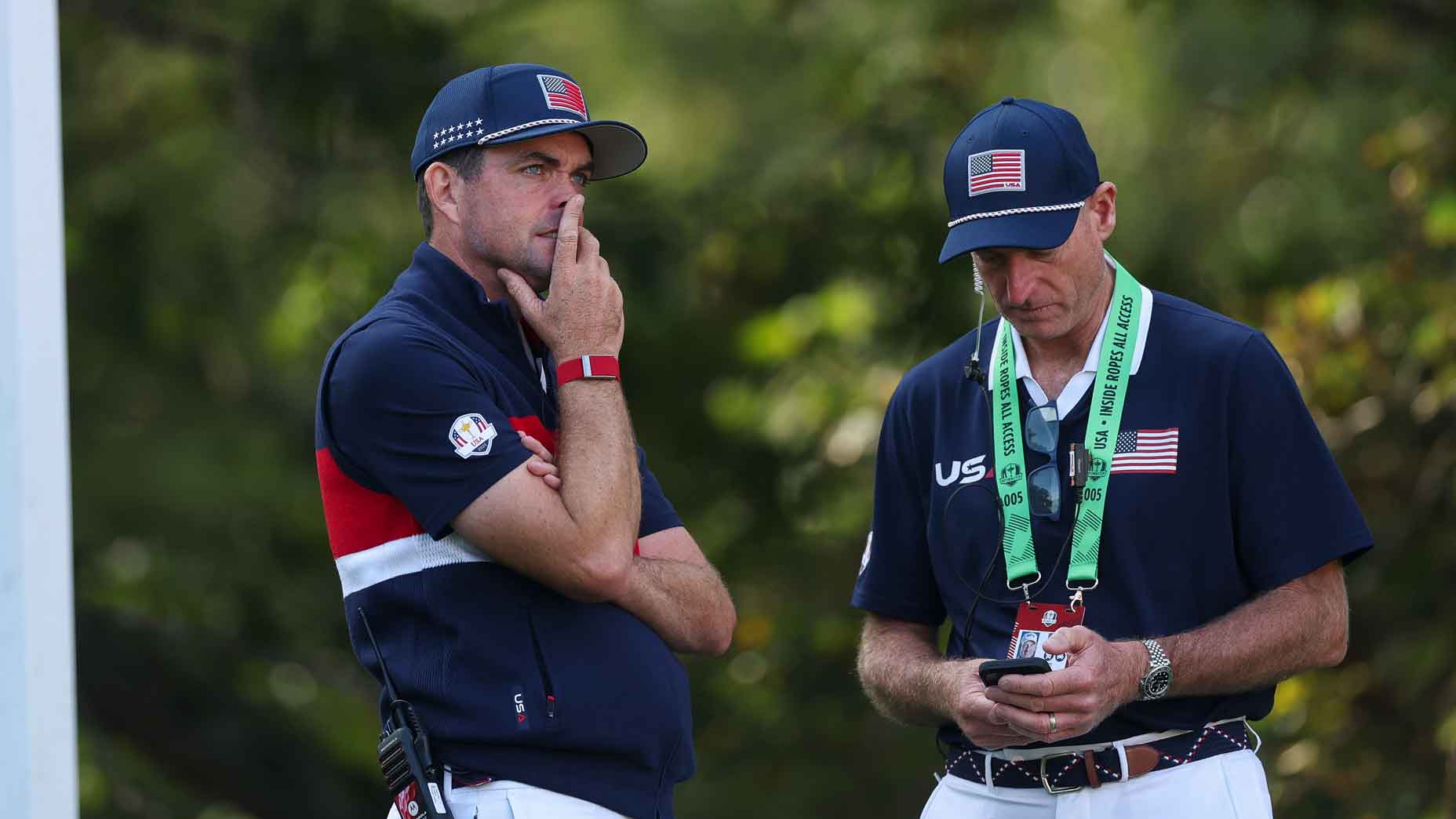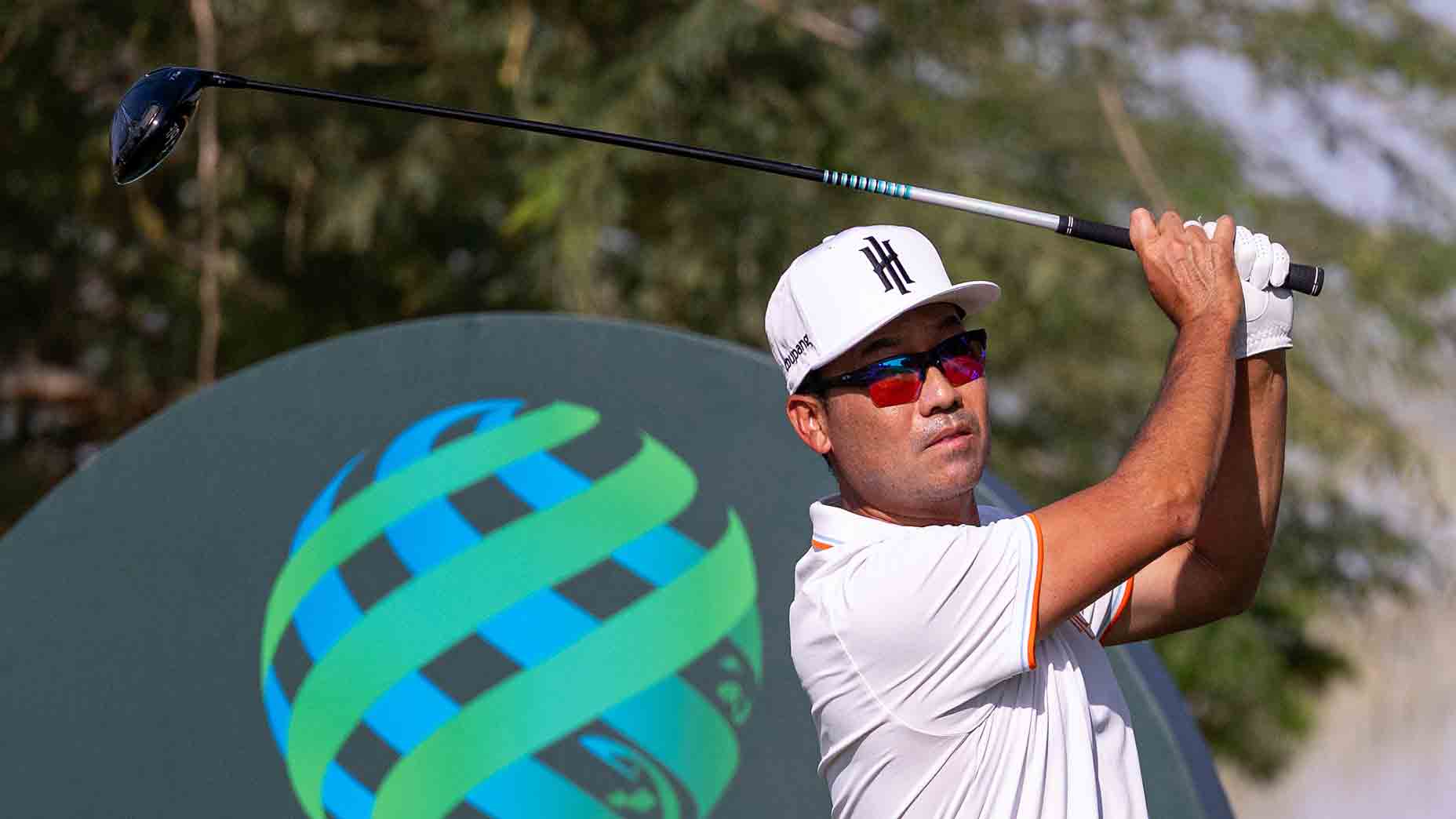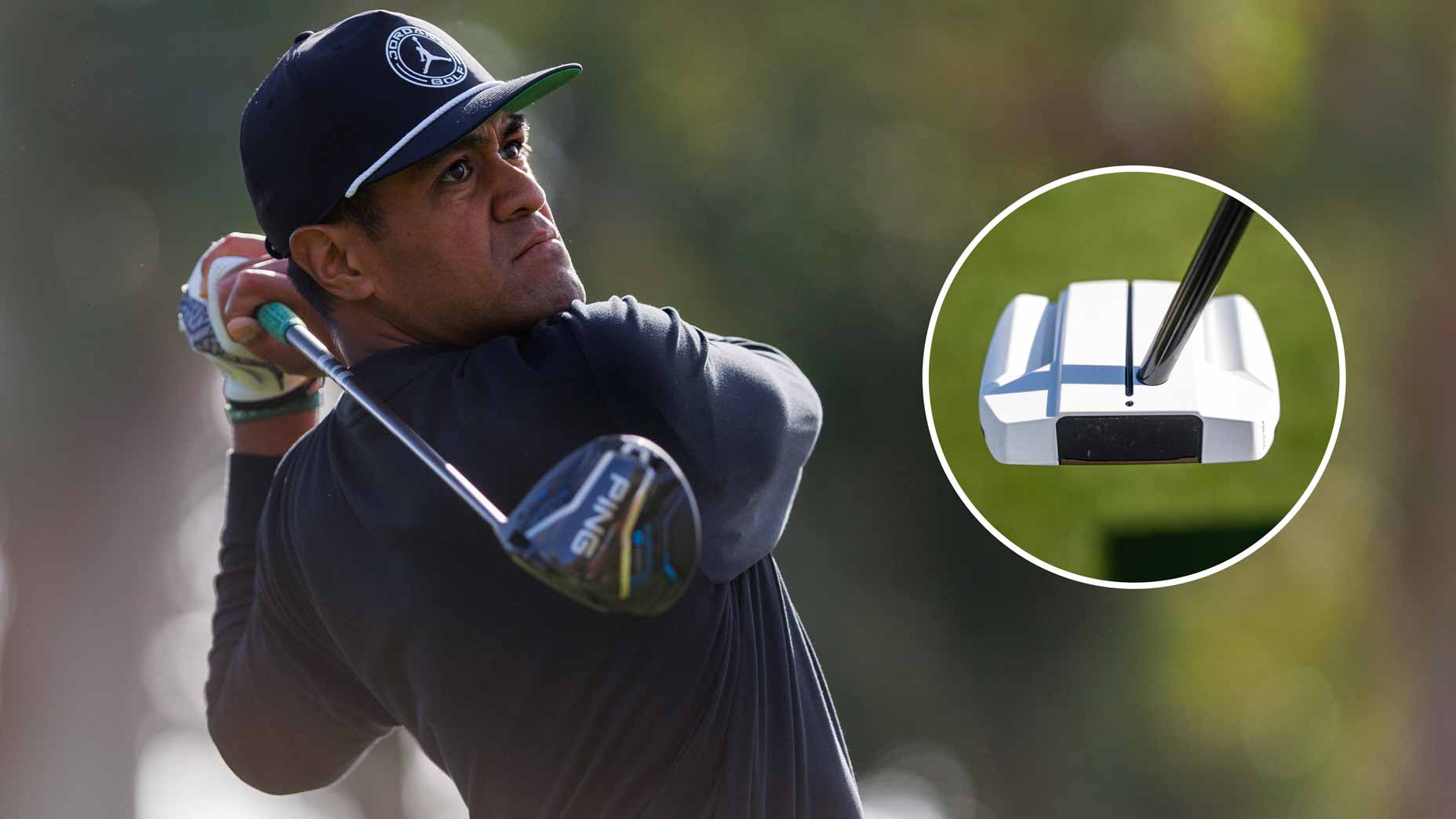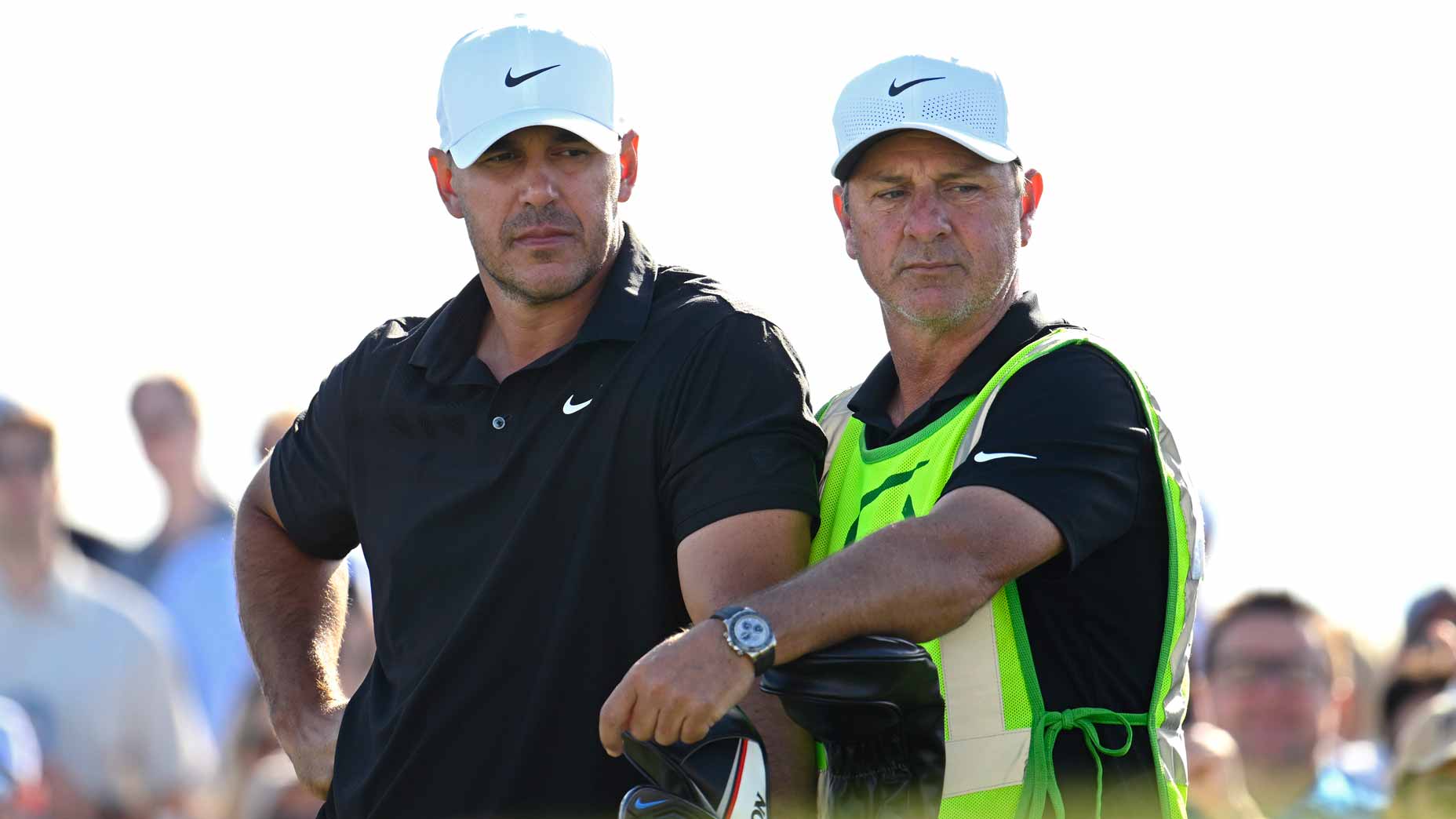On a cloudless morning at PGA West’s Stadium Course, two PGA Tour pros rolled putts on the practice green and casually discussed a topic that has been shrouded in mystery for decades: Equipment contracts.
“[Equipment contracts] don’t seem as necessary with the money we’re playing for,” one pro said to the other. “It definitely gives you options.”
Up until 2016, equipment contracts were a sizable part of the financial bottom line in the professional ranks, with the likes of TaylorMade, Callaway and Nike boasting enormous tour stables that featured a mix of star power and up-and-comers. Then along came a seismic shakeup to the status quo when the Swoosh announced they’d be shuttering not only their tour program but hard goods as well.
Names like Tiger Woods, Rory McIlroy, Brooks Koepka and Tony Finau suddenly became free agents. In the years that followed, equipment free agency became a viable option as tour purses continued to increase and players began seeking out lucrative deals with non-endemics. By the end of 2018, all four major championships were held by free agents — a moment that finally made pros wonder if signing a full-bag deal was really worth it.
For the most part, the value of an equipment deal is directly tied to the name and how the manufacturer views their future earning potential. Are they on an upward trajectory for more airtime during the final round? Or is it a promising tour rookie just hoping to earn enough to retain their card?
“Equipment contracts are so tough to predict,” said an equipment tour rep who agreed to speak to GOLF.com provided they remain anonymous. “As much as some claim to have a formula, it’s basically playing roulette. Some guys will hit and make you look smart. Others will flame out. It’s all about having more hits than flameouts. It sounds easy, but it’s really not.”
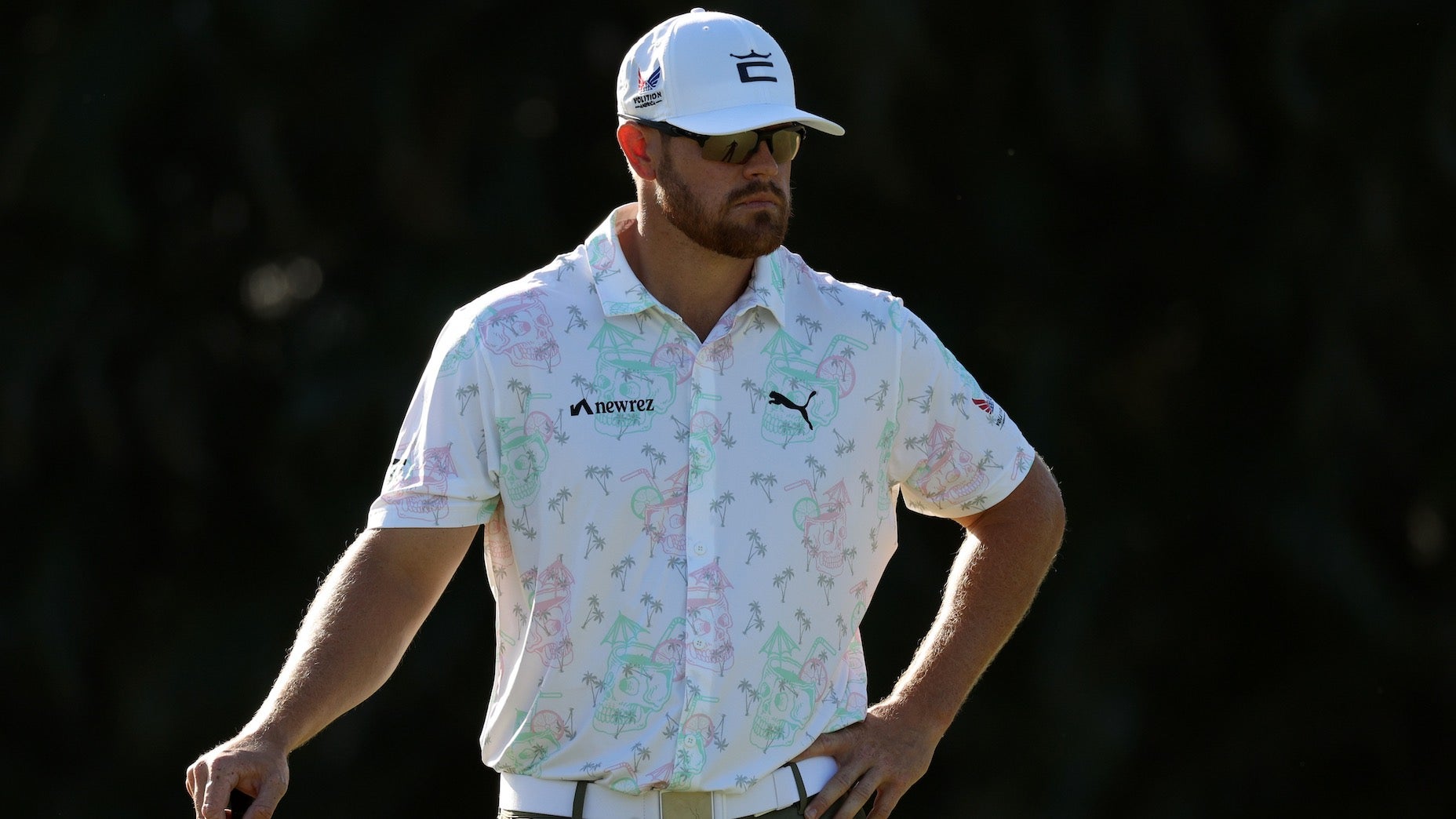
In recent years, many of those big names (Woods, McIlroy, Koepka and Finau) have gone on to sign seven-figure club and ball deals. In most cases, the money was too good to pass up. But what about tour rookies? With purses continuing to rise, some have pondered the idea of going it alone without a club contract, including Kyle Westmoreland, one of the pros who just happened to be rolling putts on the PGA West practice green.
The 31-year-old Air Force Captain earned the 25th and final Tour card via the Korn Ferry Tour last season, becoming the first Air Force grad to earn full-time status. Shortly after being presented with his card, Westmoreland was back out on the road teeing it up at the Fortinet Championship as a PGA Tour member.
“It was a whirlwind,” Westmoreland told GOLF.com. “One minute, I’m getting my Tour card, the next I’m in Napa playing a PGA Tour event. I don’t think I had a chance to take in the gravity of the moment until later in the year.”
Up until the end of 2022, Westmoreland played his first six Tour events as a member of PXG’s Tour staff. But as the calendar shifted to 2023, his equipment deal expired, freeing him up to test gear on his own terms.
“It’s nice to have all these staff bags with putters on the PGA Tour, but you can get into a rabbit hole pretty quick,” he admitted. “I like doing my thing. But coming from the Korn Ferry Tour to the PGA Tour, my [equipment] contract was up. People care if you play their [equipment] a lot more out here. But it obviously depends on the equipment contract. I don’t like to test much during the season — I like continuity and don’t like to change variables. But at the same time, it was natural to want to see what was out there.
“The Korn Ferry season ends and five days later you’re teeing it up in Napa, so there’s not a lot of time to do testing. You end up having to push it back until after RSM. I played 33 events last year, so you’re using the end of the year to take some time off. There’s just not a ton of time to test — and you don’t want to test when you’ve been off.”
After taking 10 days off, Westmoreland headed to Memphis to “test every new driver on the market” with his coach Jeff Smith. For Westmoreland, who’s 6’3″ and ranked 13th on the Korn Ferry Tour in driving distance (319 yards) last season, the driver is a club that can make a week when it’s working.
“I didn’t want to change shafts and wanted the weighting to be the same from one driver to the next,” he said. “I wanted to take what I’d done and put it on an equal playing field and go at it for two days to see which one comes out ahead. As you’re hitting more and more drivers, you want to make sure your swing is there, so it’s important to do testing with a coach in a controlled environment where you can compare apples to apples. If you’re just taking woods and hitting them on separate days, variables can change. You also want to spray the face to chart spot location.”
New Cobra golf clubs for 2023 (drivers, irons, fairway woods, hybrids)By: GOLF Editors
Westmoreland’s extensive driver testing session was designed to reveal if anything had more speed and a tighter dispersion than his gamer. It also served to answer another question: Was there a brand on Tour worth pursuing for a larger equipment contract, or was it more beneficial to start the year as a free agent and gamble on himself?
“I absolutely considered going [the free agent route],” he said. “There’s a lot of guys going that direction because if you play more golf and it helps you a shot here and there, you’re going to make up for whatever you’re doing with your equipment.”
Patrick Cantlay most recently parted ways with Titleist for free agency, but Westmoreland is well aware that while he and Cantlay are both Tour members, they’re at completely different spots in their careers.
“Patrick’s bank account is larger than mine, so his downside is very protected,” said Westmoreland. “Coming from the Korn Ferry Tour, some guys are in a different spot financially. So there is a benefit to protecting the bottom line. You’re out here so there’s certainly value for the recent graduates playing under a club contract and having some fallback.
“On the flip side, I think there is value in going without a club contract. But for me, the pros and cons, at least for a while, I wanted to give it a try. It’s a lot easier when the company gives you some flexibility to play whatever ball or putter you want.”
Financial stability is everything for a tour rookie, which is why so many willingly take money from manufacturers — upwards of $400,000 for a full bag deal — to have a baked-in financial buffer. It’s one of the main reasons why Westmoreland chose to ink a club deal with Cobra golf after noticing performance improvements from the company’s Aerojet driver.

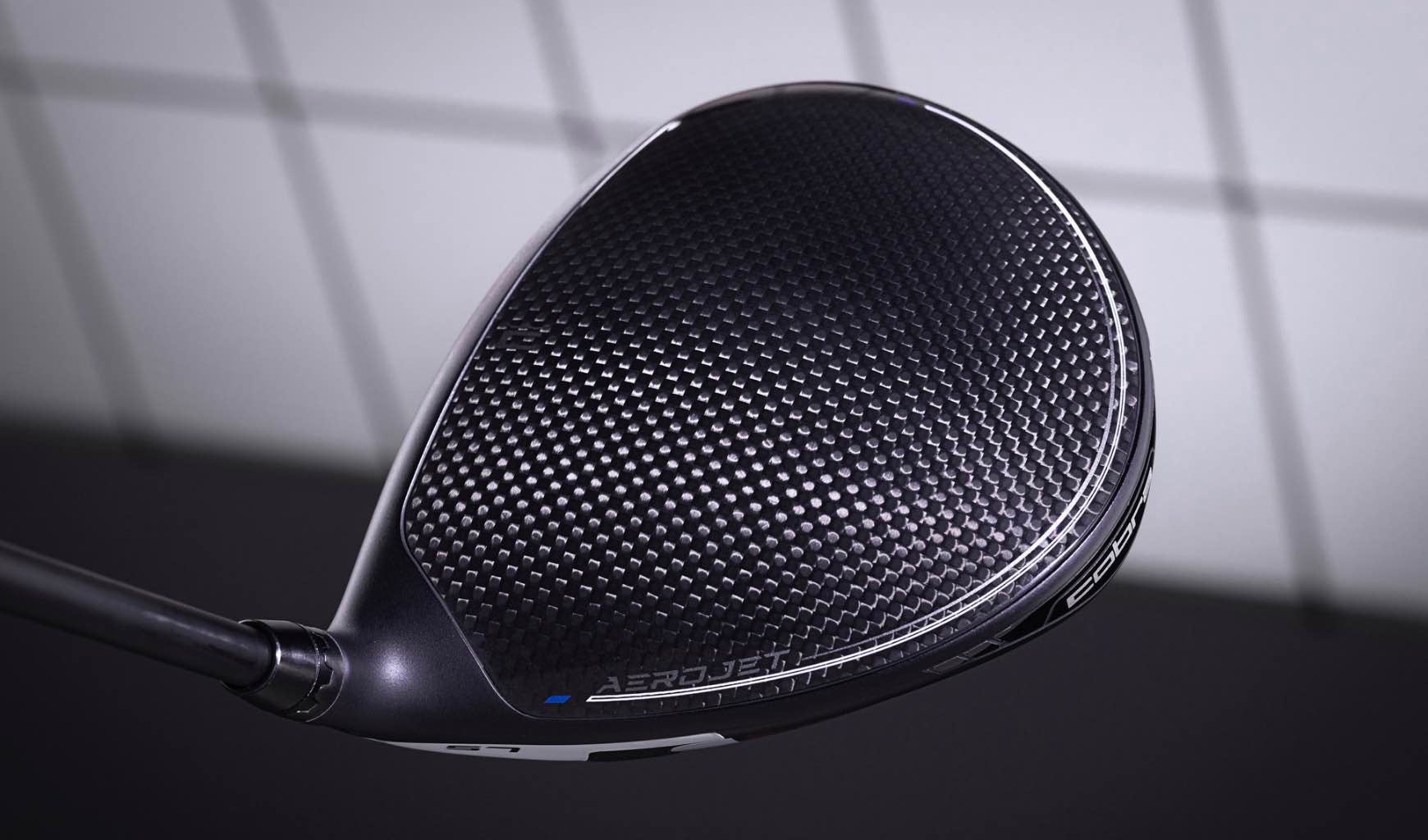
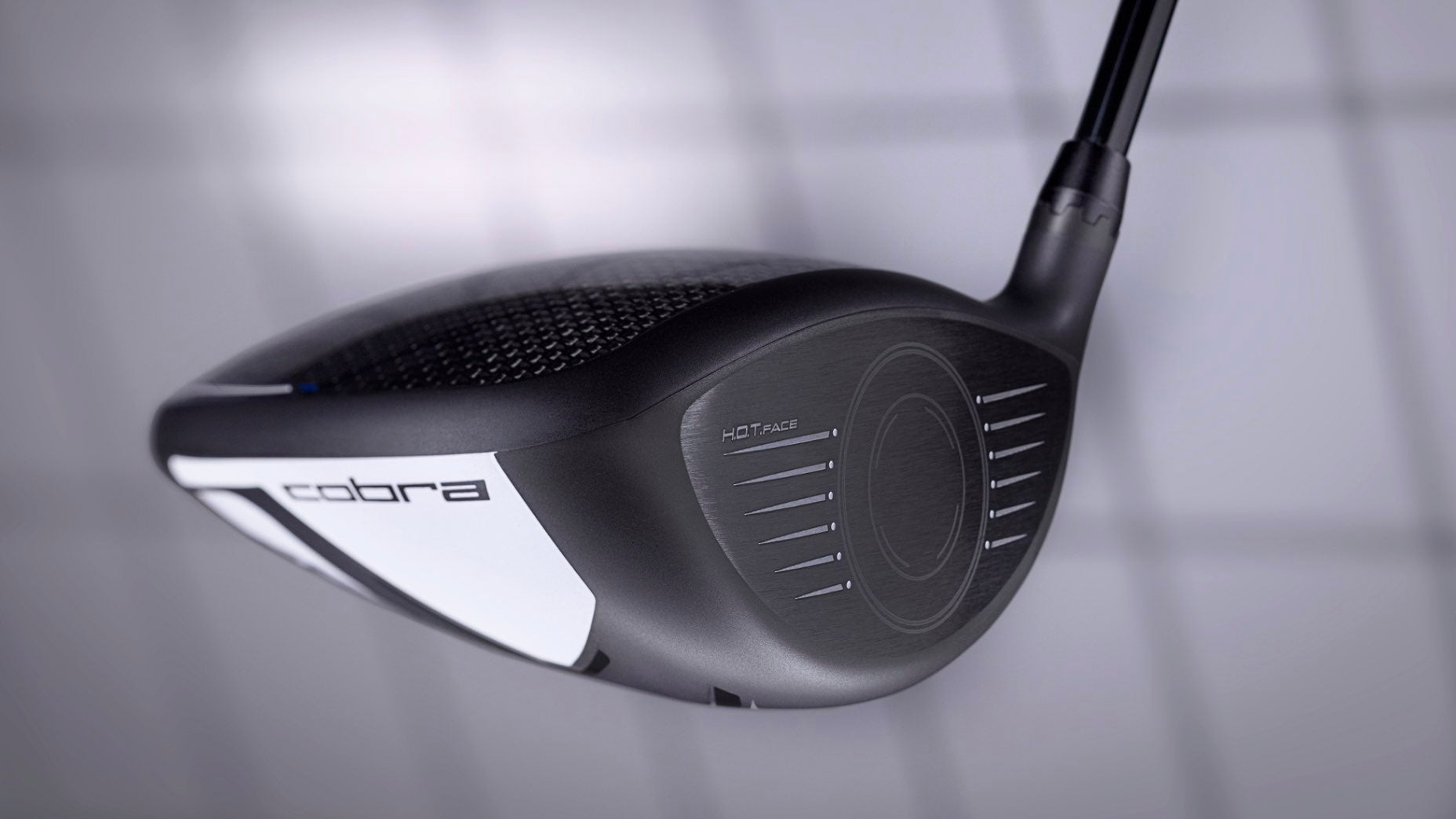
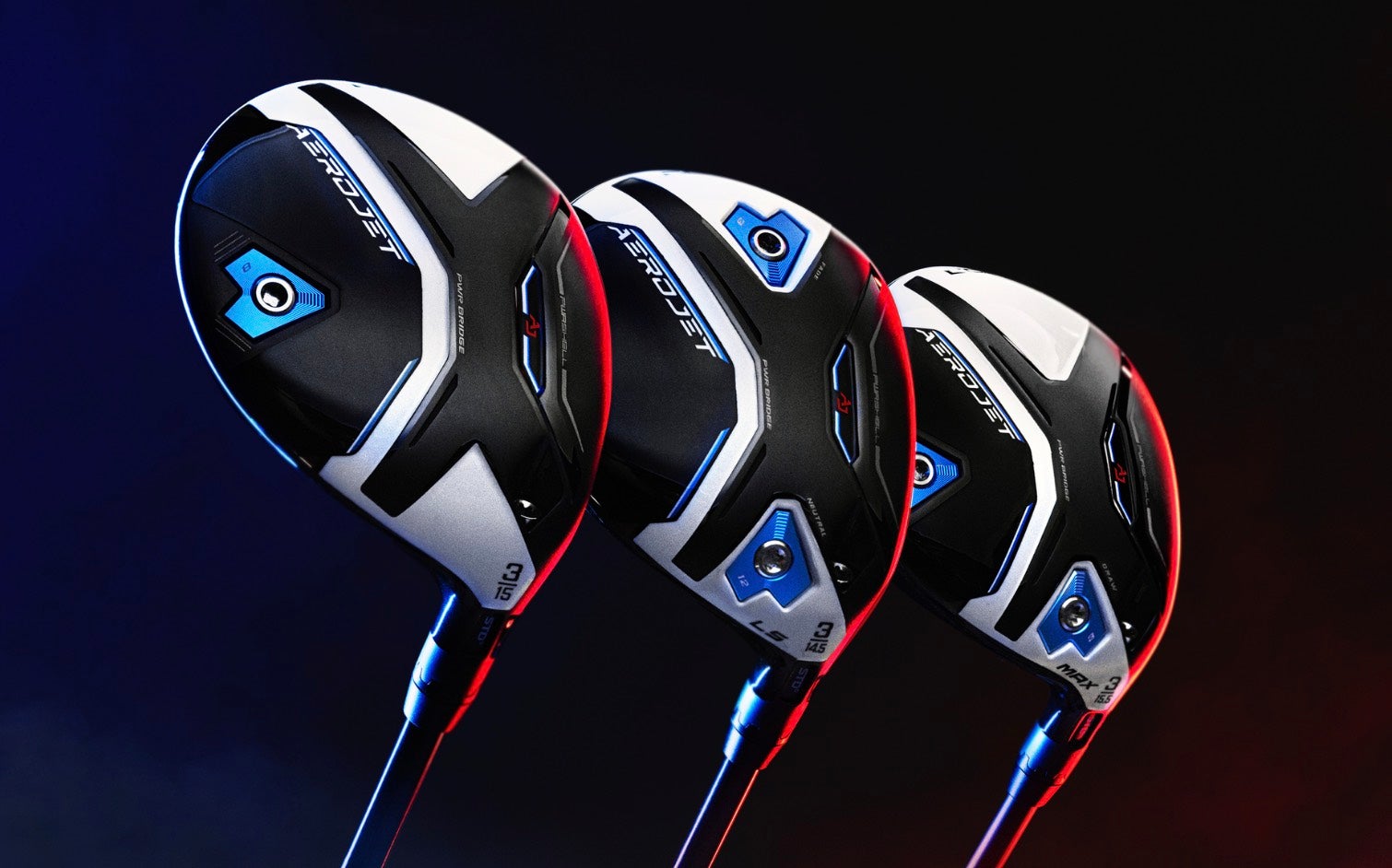
Cobra Aerojet, Aerojet LS and Aerojet Max Drivers
“The other benefit of playing with a club contract is the people,” he said. “Being around to help you out with what you need. Guys like [Cobra Tour rep] Ben Schomin has a lot of valuable insights from working with guys like Bryson [DeChambeau] and Kyle [Berkshire], guys who have a lot of speed and like to test.
“I have nine clubs in the bag at the moment. But as the season goes on, I’ll slowly work into the rest of their gear. There’s not a push on the transition. They want to make sure every iron is doing what you want. We’ll do it in some testing on off weeks. More than anything, it’s just nice to have the resources.”
Something else that drew Westmoreland to Cobra was the ability to continue playing the same Titleist Pro V1 golf ball — a piece of gear pros are less inclined to change unless the financial number being floated is a substantial one.
“I think it’s important to play whatever ball you want,” he said. “That’s where it starts as far as equipment is concerned for me. A few brands you can’t do that. I wanted to keep my ball and keep as many constants as possible when I started testing. But beyond the ball, you need to like the company’s equipment. I would never sign with a company without testing all of their stuff first and being very sure I could work into their equipment or fulfill my end of the contract.
“That said, if the driver isn’t performing, then it’s not worth playing. It’s almost worth breaking a contract, depending on what the spot is. I don’t think you should ever break a contract, but there comes a point where you have to be willing to say, hey, I’m trying to play my best golf out here, and if I don’t play my best, it’s not beneficial for anybody.”
Westmoreland is hoping his Cobra deal turns out to be beneficial for both parties this season.
Want to overhaul your bag for 2023? Find a fitting location near you at GOLF’s affiliate company True Spec Golf. For more on the latest gear news and information, check out the Fully Equipped podcast below.
